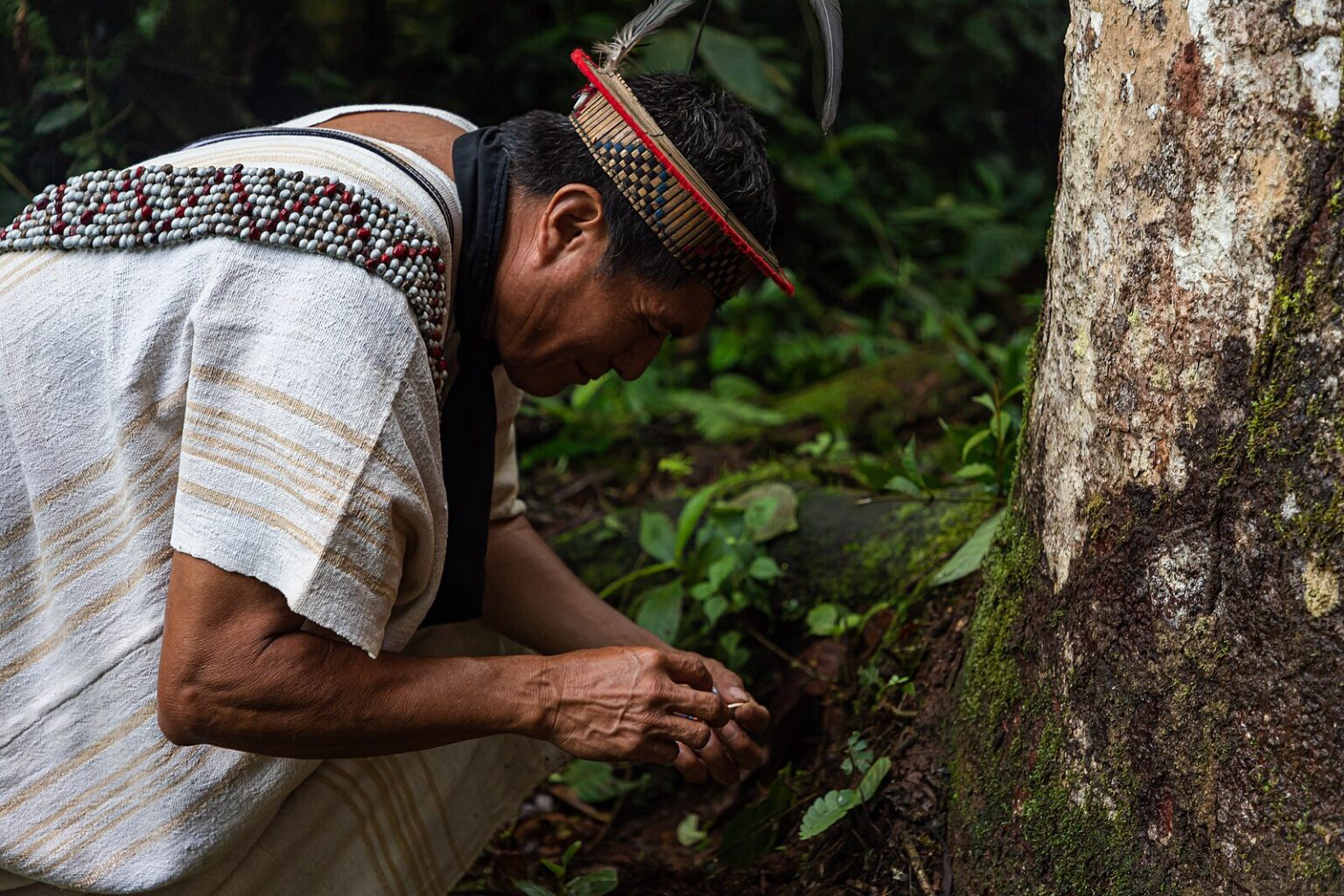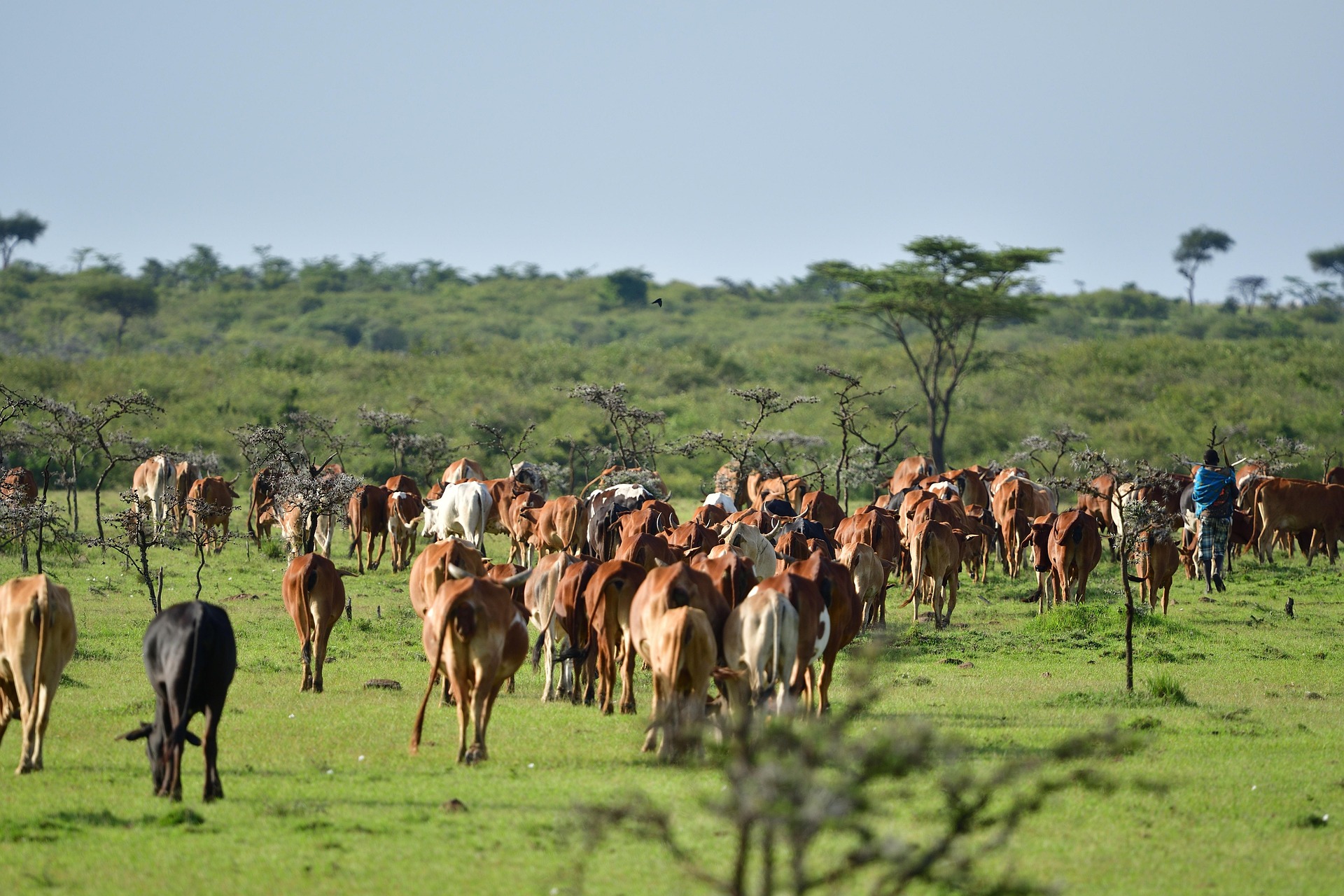Analysis of the institutional arrangements for SUF management in Viet Nam
Over the last 30 years, development partners have invested hundreds of millions of dollars in the Viet Nam’s protected area system. Viet Nam approach to protected area management has focused almost exclusively on forest protection and particularly forest fire suppression. Because of the low priority given to wildlife, many protected areas have lost most if not all their commercially valuable wildlife.

This was confirmed in October 2023 by the results of a camera trapping campaign conducted as part of the USAID Biodiversity Conservation Activity (BCA), led by WWF in partnership with ENV, Fauna & Flora, HELVETAS, Re:wild, and IUCN, in 21 protected areas in the Annamites. These showed that almost all large ground-dwelling animals had been removed from the forest, mostly because of industrial-scale, indiscriminate snaring.
To assess the weaknesses of the current approach, IUCN, on behalf of BCA, commissioned a study of protected area management policy and practice in Viet Nam. The study was prepared by John Parr, a protected area specialist with decades of experience in the Mekong region.
The report concludes that many protected area management problems arise from the absence of a centralized system of management, and the lack of institutional memory in managing complex ecosystem landscapes. The Special Use Forest (SUF) system is led by a handful of government staff in Hanoi, with management responsibilities delegated to the 63 (soon to be 34) provinces. Management responsibilities are further delegated to line agencies in each province. Almost unique in Southeast Asia, Viet Nam does not have a dedicated piece of protected area legislation prescribing a single government department as the lead agency for SUF management.
The report argues that the exclusionary nature of protected area management has often led to poor relations with the ethnic minorities and local communities that depend heavily on forest resources. This has had knock-on impacts on district and provincial engagement. Two practices that could strengthen relations are ecotourism and livelihood support. But the combination of poor legislation and fragmented supervision means that SUF management boards rarely have the necessary skills to take advantage of these opportunities.
To download the study, click HERE.


